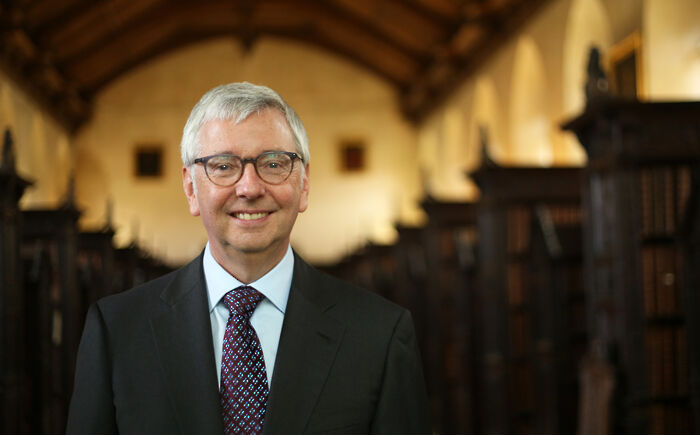Five-star hotels and Aromi splurges: the spending of Cambridge vice-chancellors
Vice-chancellors and pro-vice chancellors have stayed at 14 different different five-star hotels since January 2016

Cambridge’s vice-chancellor and pro-vice chancellors have spent over £25,000 on five-star hotels over a 26-month period, analysis by Varsity shows.
The officials also spent slightly over £6,000 on less luxurious hotels. A small number of the transactions in hotels were for small amounts, so likely for items other than accommodation.
Varsity analysed the statements of credit cards provided by the University to its vice-chancellor and five pro-vice-chancellors. These statements had previously been released under the Freedom of Information Act and covered the period between January 2016 and March 2018.
The two most expensive hotel bills were both from a visit to Hong Kong in April 2017, with former Vice-chancellor Sir Leszek Borysiewicz spending £6,863.28 and Pro-vice-chancellor Eilís Ferran spending £2,866.14 at a Hyatt hotel.
The Taj Mahal Palace in Mumbai and Taj Mahal in New Delhi were the most commonly visited five-star hotels, with both being visited eight times by vice-chancellors or pro-vice-chancellors.
The choice to favour five-star hotels appears to contradict the University’s guidance for employee expenses. According to that document, “employees should book accommodation, which is roughly equivalent” to a three-star level. For areas where “there is deprivation or a high security risk”, employees can choose four-star venues.
When asked about the choice to visit five-star hotels, a spokesperson for the University said that “overseas accommodation for the University's senior leadership is chosen on the basis of location, convenience of travel, and ease of access to multiple meeting places.”
“It is also chosen to provide a meeting venue that is appropriate for the high-level business that the senior leadership team carries out on behalf of the University – including fundraising, and managing of international partnerships and government relations.”
Adjusting for different length of having the role, Borysiewicz spent the most on luxury hotels, with an average monthly spend of around £720. Borysiewicz was succeeded as vice-chancellor in September by Professor Stephen Toope.
Toope’s current average monthly luxury spend is the second largest, at around £610. He has previously drawn criticism for his annual salary of £365,000, a £50,000 increase on the salary afforded to Borysiewicz.
Pro-vice-chancellor for Institutional and International Relations Eilís Ferran had the largest average hotel spend among the pro-vice-chancellors.
A University spokesperson told Varsity that “It is not surprising that the Vice-chancellor, who regularly represents the University abroad, or the Pro-vice-chancellor tasked with managing the University's international partnerships, should be incurring expenses for overseas accommodation."
The statements also revealed a number of other details in the lives of vice-chancellors and, pro-vice-chancellors, showing, for example, that Borysiewicz travelled to Davos while the 2016 World Economic Forum was in session– a meeting of global business and political leaders.
In contrast to the luxury hotel stays, some of the items in the statements reflect a much more mundane lifestyle. They show, for example, a £30 bill for Ryanair, an £11 bill on Wizz Air, a £5.20 bill at Aromi, and spending at the Apple Store, Pret A Manger and Superdrug.
 News / SU reluctantly registers controversial women’s soc18 December 2025
News / SU reluctantly registers controversial women’s soc18 December 2025 Features / Should I stay or should I go? Cambridge students and alumni reflect on how their memories stay with them15 December 2025
Features / Should I stay or should I go? Cambridge students and alumni reflect on how their memories stay with them15 December 2025 News / Dons warn PM about Vet School closure16 December 2025
News / Dons warn PM about Vet School closure16 December 2025 News / Cambridge study finds students learn better with notes than AI13 December 2025
News / Cambridge study finds students learn better with notes than AI13 December 2025 News / Uni registers controversial new women’s society28 November 2025
News / Uni registers controversial new women’s society28 November 2025









